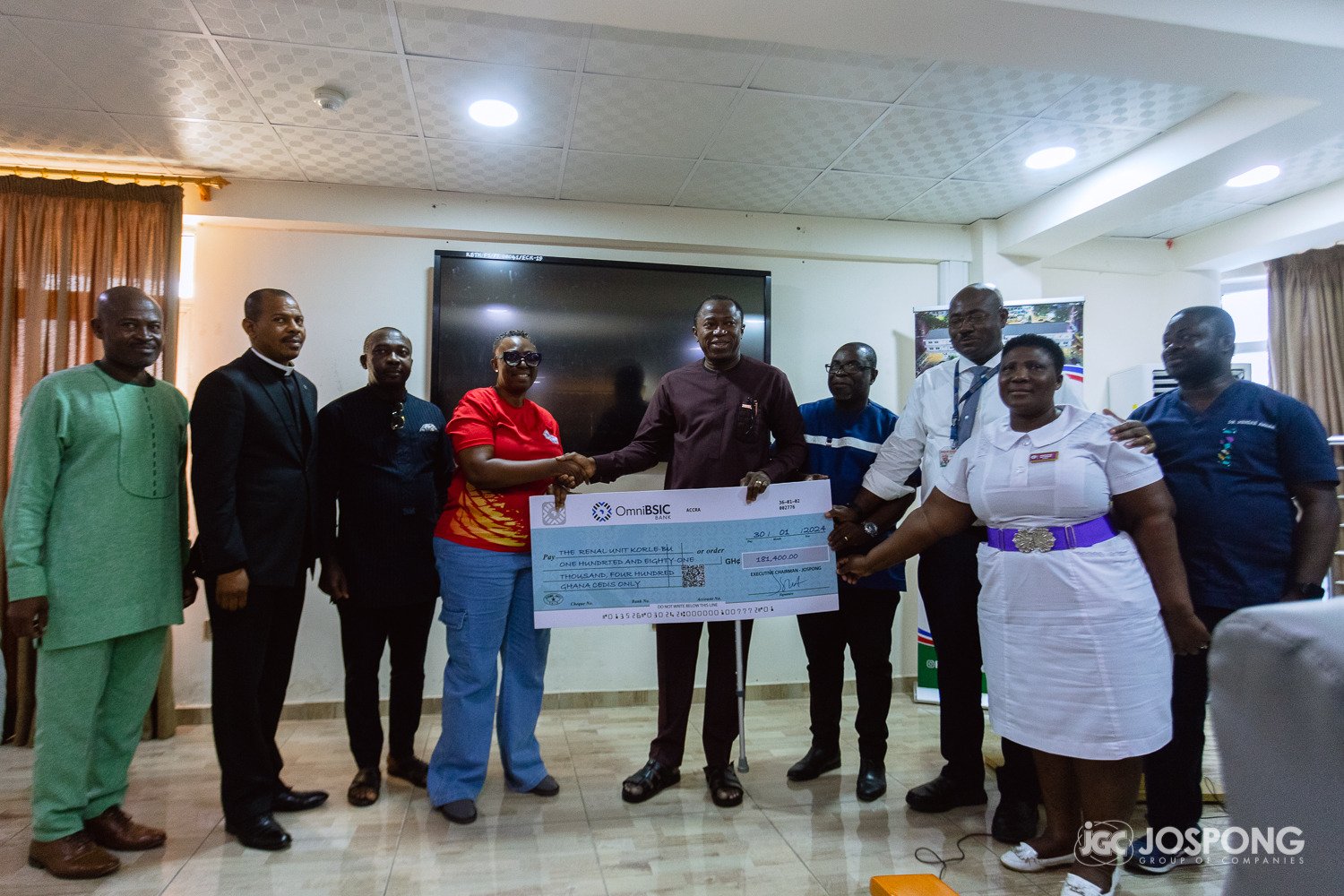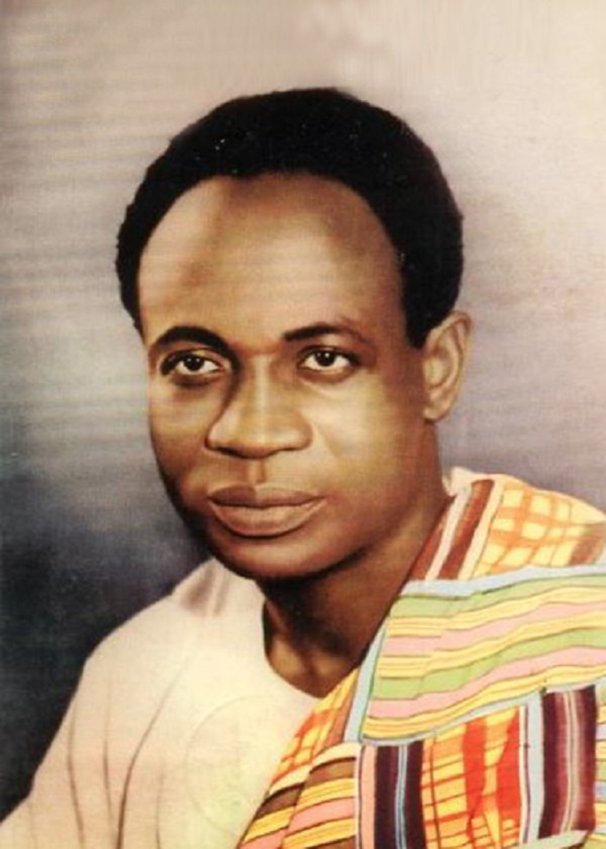
The Jospong Group of Companies has presented separate amounts totaling almost GH₵500,000 to three renal facilities in Accra.
The money is to support the treatment of kidney patients at Korle Bu Renal Unit, University of Ghana Dialysis Centre, and the Renal Unit of the Bank Hospital who, for some reasons, are unable to afford dialysis treatments.
Making the presentations at the respective hospitals, the Chief Corporate Communication Officer of Jospong Group, Madam Sophia Kudjordji, said the gesture aligns with the company’s mission of improving the lives of people.
“We believe that it’s not just about creating jobs but also ensuring that people are healthy to contribute their quota to the development of the nation,” she emphasised.
She mentioned that the company is also planning on replicating the gesture at some of the regional hospitals to support the treatment of dialysis in the regions.
Madam Kudjordji prayed for the government to consider placing dialysis treatment on the national insurance scheme to reduce the cost burden on patients.
The donation was in fulfillment of the company’s promise made during its 2023 thanksgiving service to support dialysis patients with an amount of GH₵500,000.
Dialysis fees
Receiving the cheque on behalf of the Korle Bu Renal Unit, the CEO of Korle Bu Teaching Hospitals, Dr. Opoku Ware Ampomah, urged parliament to expedite action on approving the proposed fees for dialysis treatment.
The CEO noted that the hospital is still under recovery as it continues to charge the old fees of GH₵365 instead of GH₵780.
“We are currently under-recovering up to the tune of GH₵400 per dialysis, and we need to find it before it comes back to haunt us,” Dr. Ampomah said.
Dr. Ampomah noted that as they wait for the approval of the new fees, the facility is also counting on the benevolence of individuals and corporate Ghana to bear some of the costs.
For her part, the Director of Operations at the University of Ghana Medical Centre (UGMC), Mrs. Lucy Brimpong Ofori-Ayeh, applauded Jospong Group for coming to the aid of dialysis patients.
She noted that many patients, due to their economic conditions, are unable to pay for their treatments, so this support is welcome and will greatly reduce mortality.
The Deputy Director of Nursing Services (DDNS), Rita Momo Sika-Nartey, explaining the gravity of the challenge, noted that due to financial challenges, most patients only undergo a session or two instead of the recommended number of three.
“If a patient is undergoing just one session of dialysis, then it’s better they don’t do it at all because they’re always sick and can’t even afford their drugs,” she lamented.
The Director of Nursing & Midwifery Services at UGMC, Judith Naa Klokor Asiamah, noted that the hospital needs about 16 dialysis machines to run optimally. The centre currently has only four dialysis machines.
She, therefore, appealed to the general public to support the centre with dialysis machines so that they can assist the ever-increasing number of patients.




